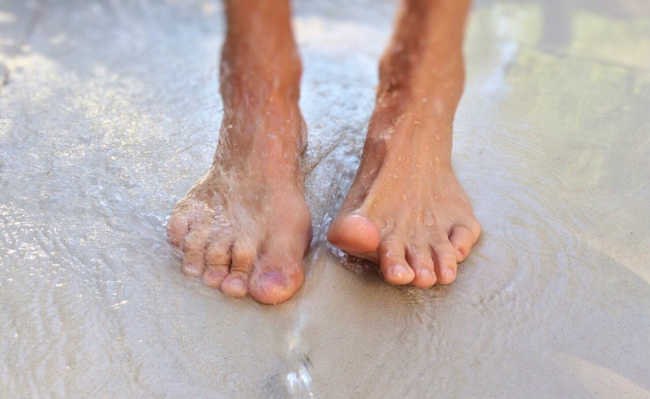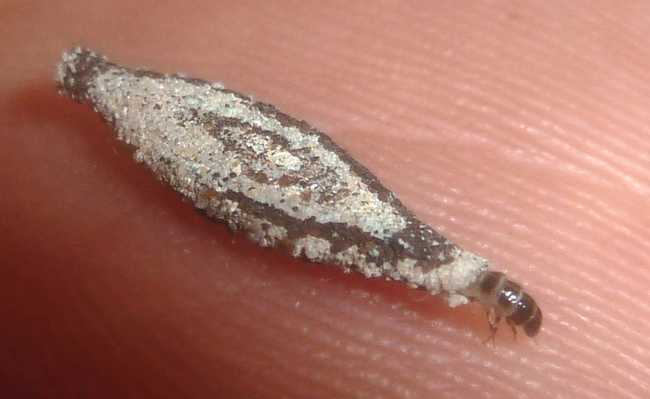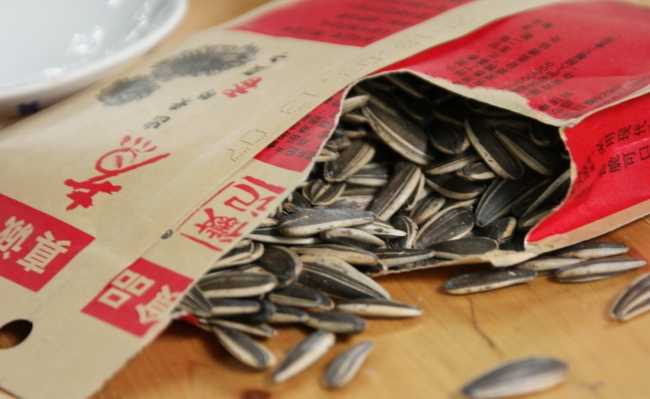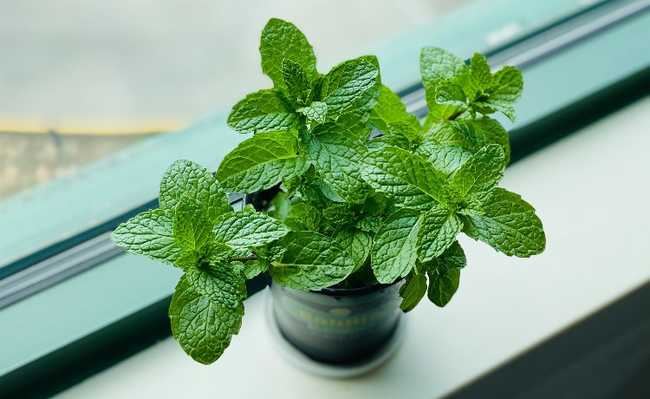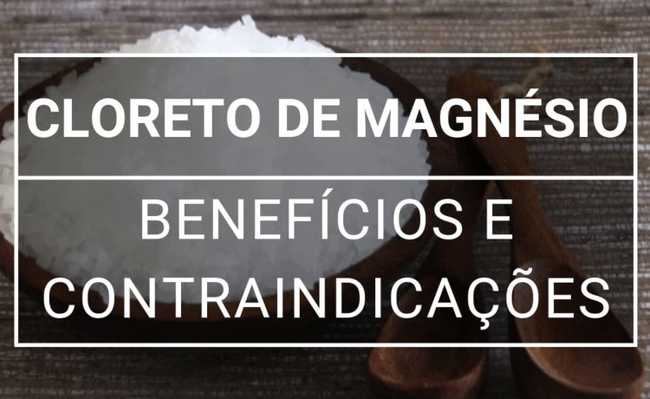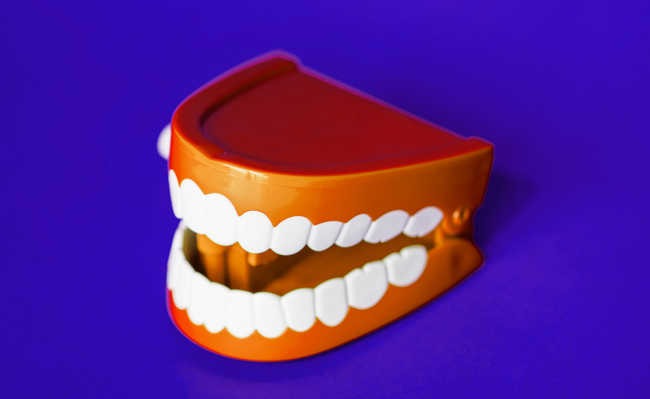Raise your animal sustainably
Once you learn about the externalities behind ventures, be surprised by the negative and positive consequences of having a pet. Yes, they can also come from your house.

Have you ever stopped to think about the impact your pets have on the environment? There are people who buy a puppy over the internet, pick up that feed that always appears on TV, buy toys that soon go bad and don't collect the poop made by the animal on the ride. Did you know that having a pet is unecological? In a consumer culture, yes. Previously, we've already given you seven tips for raising your dog sustainably and now here are some more based on problems and solutions that apply to dogs and cats. Check out how to sustainably raise a pet:
The feed packaging is made of polyethylene, which takes centuries to decompose
Some companies are studying ways to make better packaging, with biodegradable material (such as wood pulp) and adding to polyethylene an (undisclosed) substance that reduces the material's decomposition time from 400 to just ten years. Large packages of feed (of 15 kg or more) can be reused, although this is a practice without much real effect in the end.
The practice of cooking for your pets is becoming more and more popular, but don't forget that it should be done under the guidance of a veterinarian, so that your best friend receives adequate nutrition (only rice and meat don't have anything). You can also opt for a ready-made organic pet food that comes in reusable packaging, like this one.

Toys generate air and water pollution (in manufacturing) and a lot of garbage, with their packaging and by themselves, when they spoil
Make homemade toys for your pets. Dogs might like a t-shirt with a few knots and cats have fun with an ice cream stick with feathers on the end. Remember not to let the toy have small parts that can be swallowed. If you need to go out and leave the animal alone, put food and some snacks inside a plastic bottle and make holes where they can come out: the animal will keep rolling the bottle until it manages to remove all the goodies.
Landfills are filled with plastic bags containing animal feces
If you have a garden at home, you can compost your dog's feces (see instructions here). If that's not possible, at least choose to use biodegradable bags to dispose of the poop.
Speaking of poop, be very careful when taking your best friend to the beach: make sure he's wormed up to date, as pet feces are a major source of contamination.
Hygiene and flea control products are toxic to the environment
So give your pet a sustainable bath and control fleas and ticks with natural methods. Have you thought about using a Neem repellent or a line of products based on green propolis? Check out some of these products on the eCycle Store.
Oops, washing the animal in the machine is a bad example!
Street animals are a public health problem
It is important for everyone to neuter their pets. Castration not only prevents him from developing diseases of hormonal origin, it also makes him lose his desire to reproduce.
With the vaccination and sterilization campaigns of animals, cases of rabies transmission from dogs and cats to humans decreased from 50 (in 1990) to an average of zero to two (in the period from 2007 to 2013). Animals on the streets, in addition to going through a lot of suffering, spread garbage in search of food, take care of their needs anywhere, which can contaminate the soil, among other problems. So, the best solution is to adopt an animal from a shelter that took it off the streets.

Who resists this little face?
Taking care of animals is an act of love and if done in the right way, damage to the environment will be minimal.
